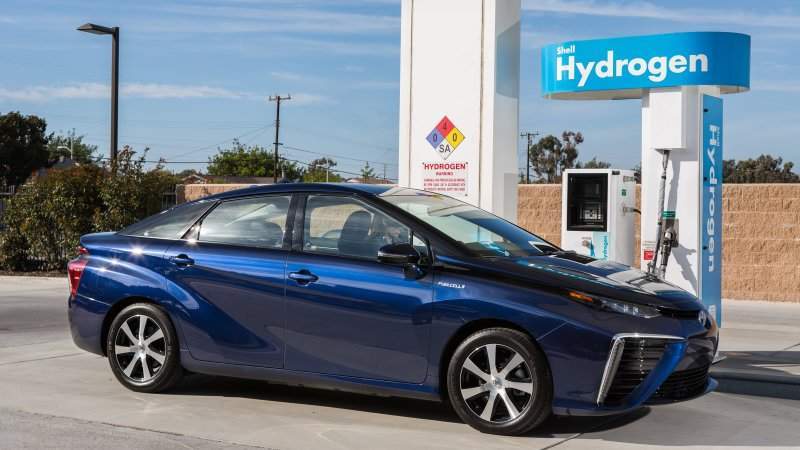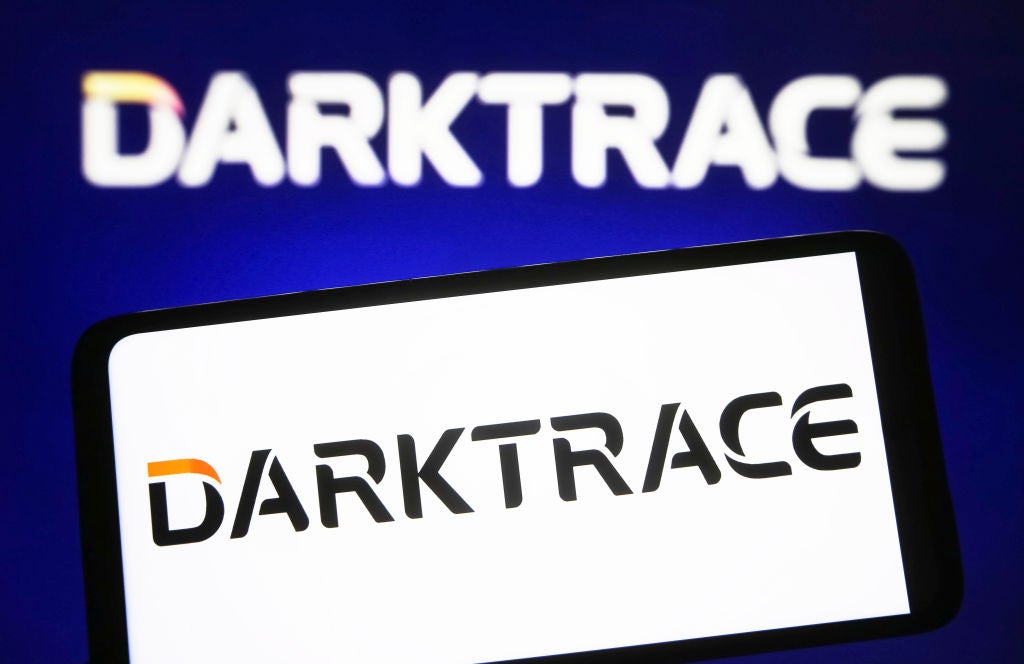
Royal Dutch Shell is set to unveil its first public filling station for hydrogen-powered cars in the UK — and the first for hydrogen cars on a UK motorway.
Shell, the Anglo-Dutch oil and gas company, currently operates six hydrogen stations worldwide — four in Germany and two in the Los Angeles.
“We see more carmakers putting focus on hydrogen and the first vehicles are beginning to arrive in key markets, particularly Japan, Germany and California,” said Matthew Tipper, head of new fuels at Shell. “That gives us confidence to begin building out infrastructure.”
Tokyo plans to spend $400m on hydrogen-fuelled vehicle subsidies and hydrogen stations by the 2020 Olympic Games.
What are hydrogen-fuelled cars?
Hydrogen is a renewable energy source; an environmentally friendly alternative to fossil fuels when it comes to road transportation.
Hydrogen cars work by fusing pressurised hydrogen with oxygen in a chemical reaction that generates electricity to power the vehicle.
How well do you really know your competitors?
Access the most comprehensive Company Profiles on the market, powered by GlobalData. Save hours of research. Gain competitive edge.

Thank you!
Your download email will arrive shortly
Not ready to buy yet? Download a free sample
We are confident about the unique quality of our Company Profiles. However, we want you to make the most beneficial decision for your business, so we offer a free sample that you can download by submitting the below form
By GlobalDataThe only byproduct is purified water, which is also drinkable.
Fuel cell cars emit nothing but clean #water, as hydrogen and oxygen go in and electricity and water come out https://t.co/QnBx2lsdfV
— Lubron Water UK (@LubronWaterTech) 22 February 2017
Hydrogen cars face competition from battery-powered electric vehicles as a sustainable choice for drivers, instead of petrol or diesel-fuelled vehicles.
More than 1m battery-powered or hybrid electric vehicles are sold worldwide, compared with a few thousand hydrogen cars.
However, Shell still believes hydrogen cars will become industry leaders and the company is planning to build 400 hydrogen filling stations across Germany by 2023.
Yesterday, it announced a partnership with Japanese automotive manufacturer, Toyota, to add seven new hydrogen filling stations to the 25 already in California, part of the big push to reach a target of a hundred by 2024.
The west coast state with the strictest clean-air rules in the US, provided $16m worth of funding for the joint project.
“When no more combustion of fuel is allowed, hydrogen will become one of the major sources of fuel, of that we’re confident,” said Kiyotaka Ise, Toyota’s president of advanced research and development and engineering.
As well as Toyota, Honda, Hyundai. and Daimler AG plan to sell hydrogen-fuelled cars in California this year.
Are hydrogen cars better than electric cars?
Hydrogen vehicles can be refuelled as quickly as petrol or diesel-powered cars and have a longer range of up to 500km on a single tank — about twice the distance battery-powered cars can travel before refuelling.
Battery-powered cars can take anywhere between 30 minutes and several hours to fully recharge.
However, hydrogen vehicles are not without their drawbacks.
Last week, Toyota was forced to recall its entire global fleet of 2,800 Mirai hydrogen vehicles because of a software glitch.
Elon Musk, chief executive of Tesla, the electric car manufacturer worth $43.8bn , called hydrogen an “incredible dumb” energy source at the Automotive World News Congress in Detroit in early 2015.
He criticised hydrogen-fuelled cars for their lack of efficiency.
“It’s just very difficult to make hydrogen and store it and use it in a car,” Musk said at the time. “If you, say, took a solar panel and use that… to just charge a battery pack directly, compared to split water, take hydrogen, dump oxygen, compress hydrogen… it is about half the efficiency.”
As it stands, the electric car industry appears to be winning, with over 10,000 battery charging points in the UK, compared to just eight hydrogen filling stations.




